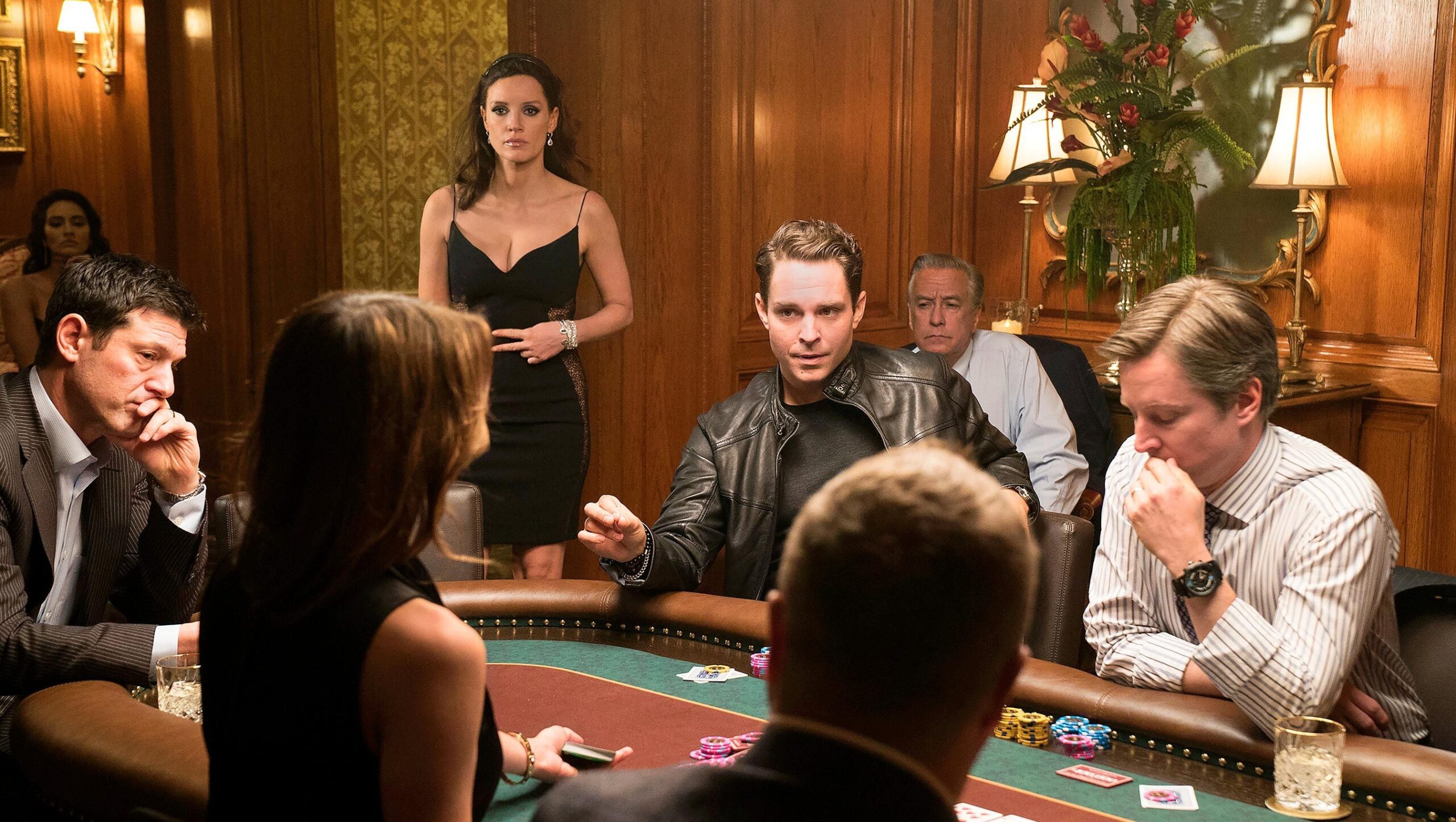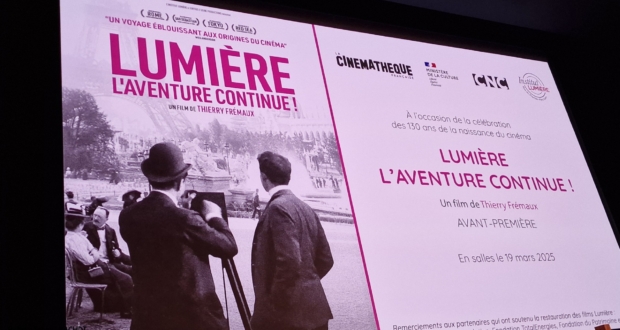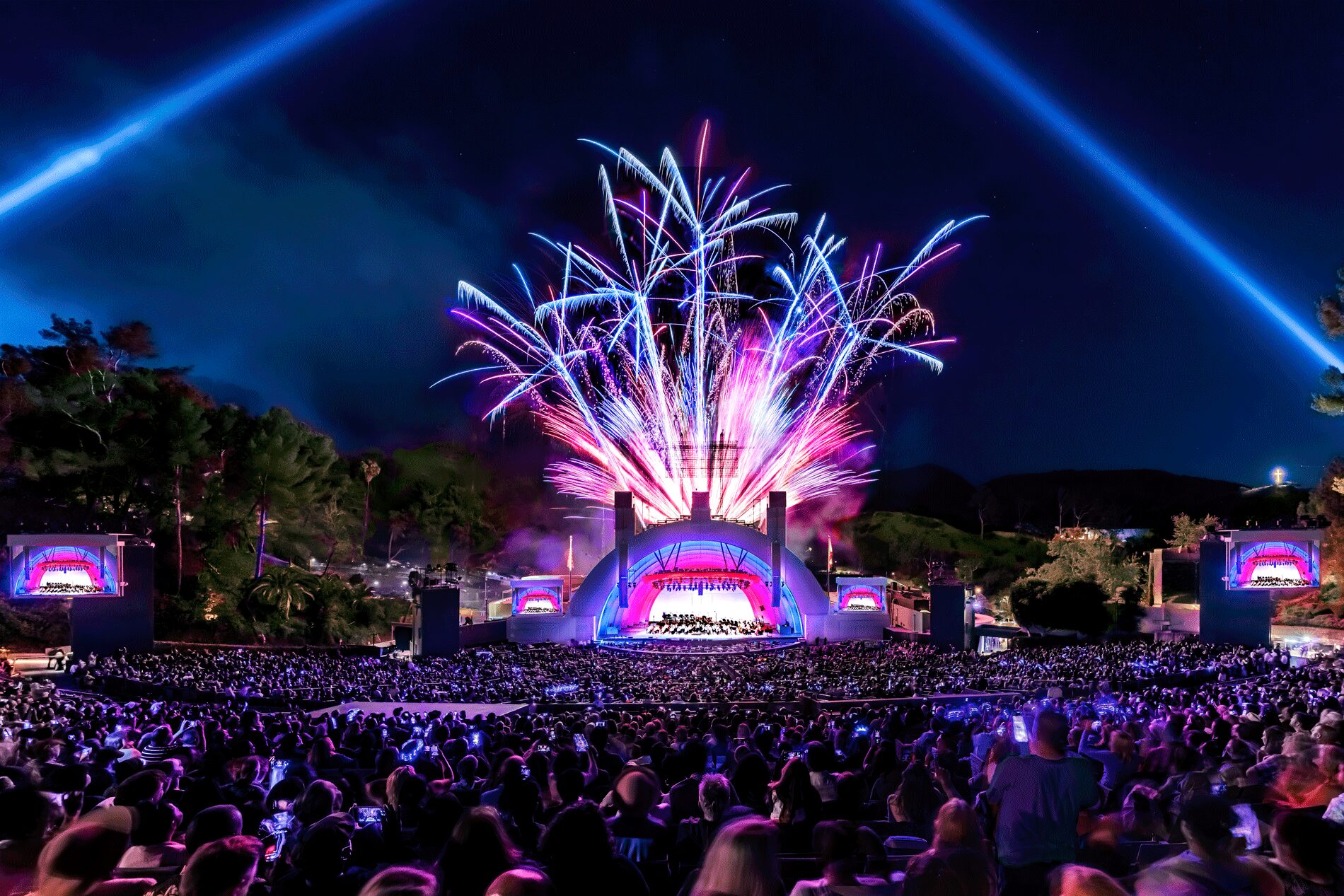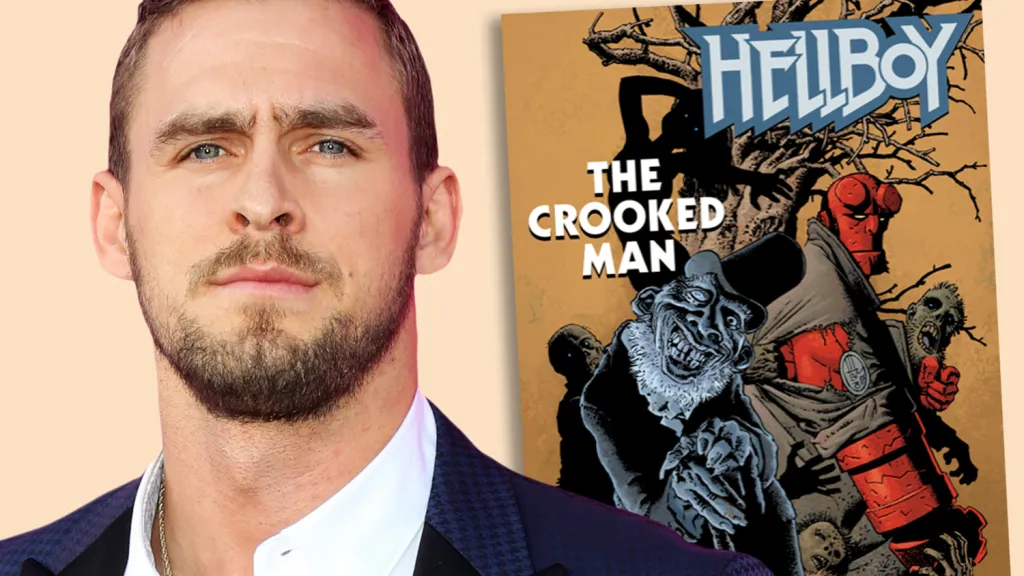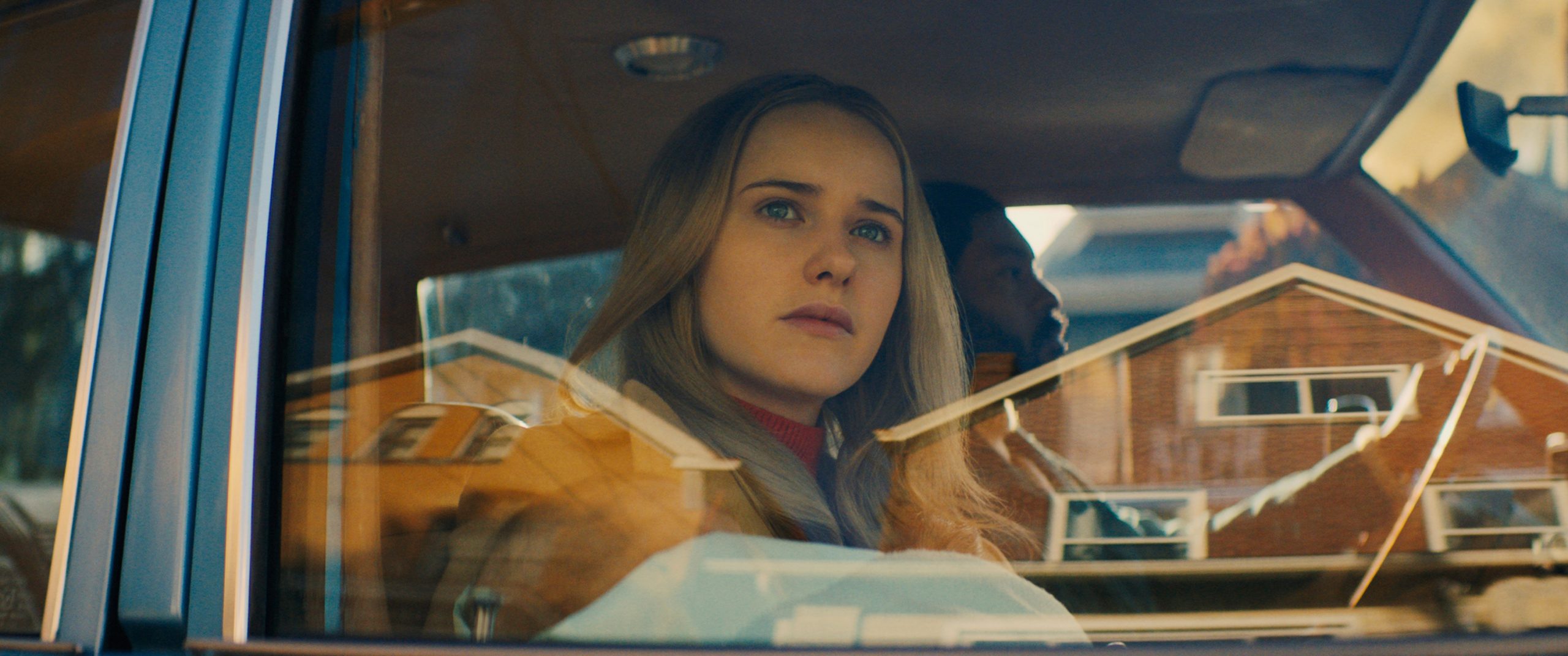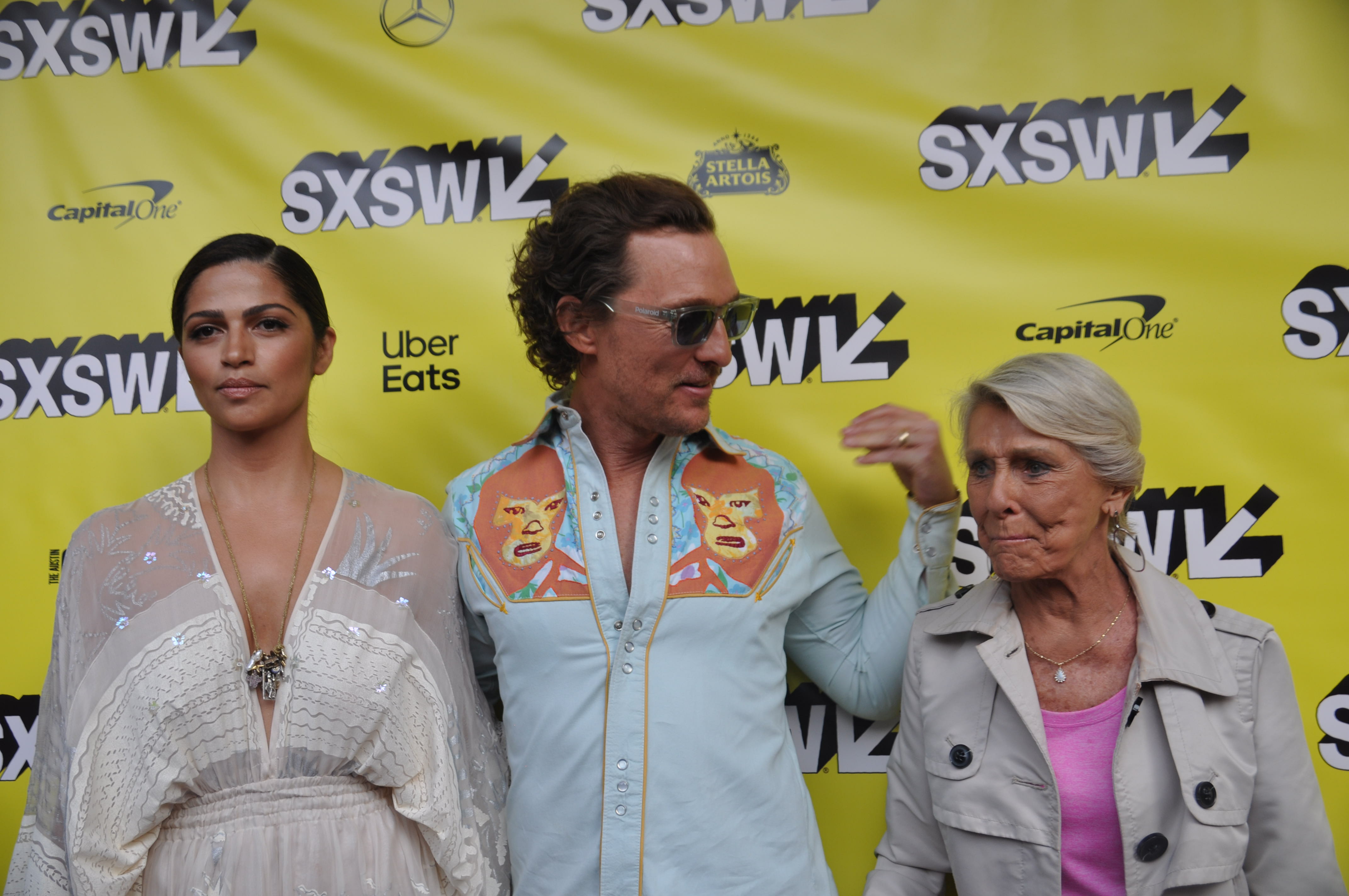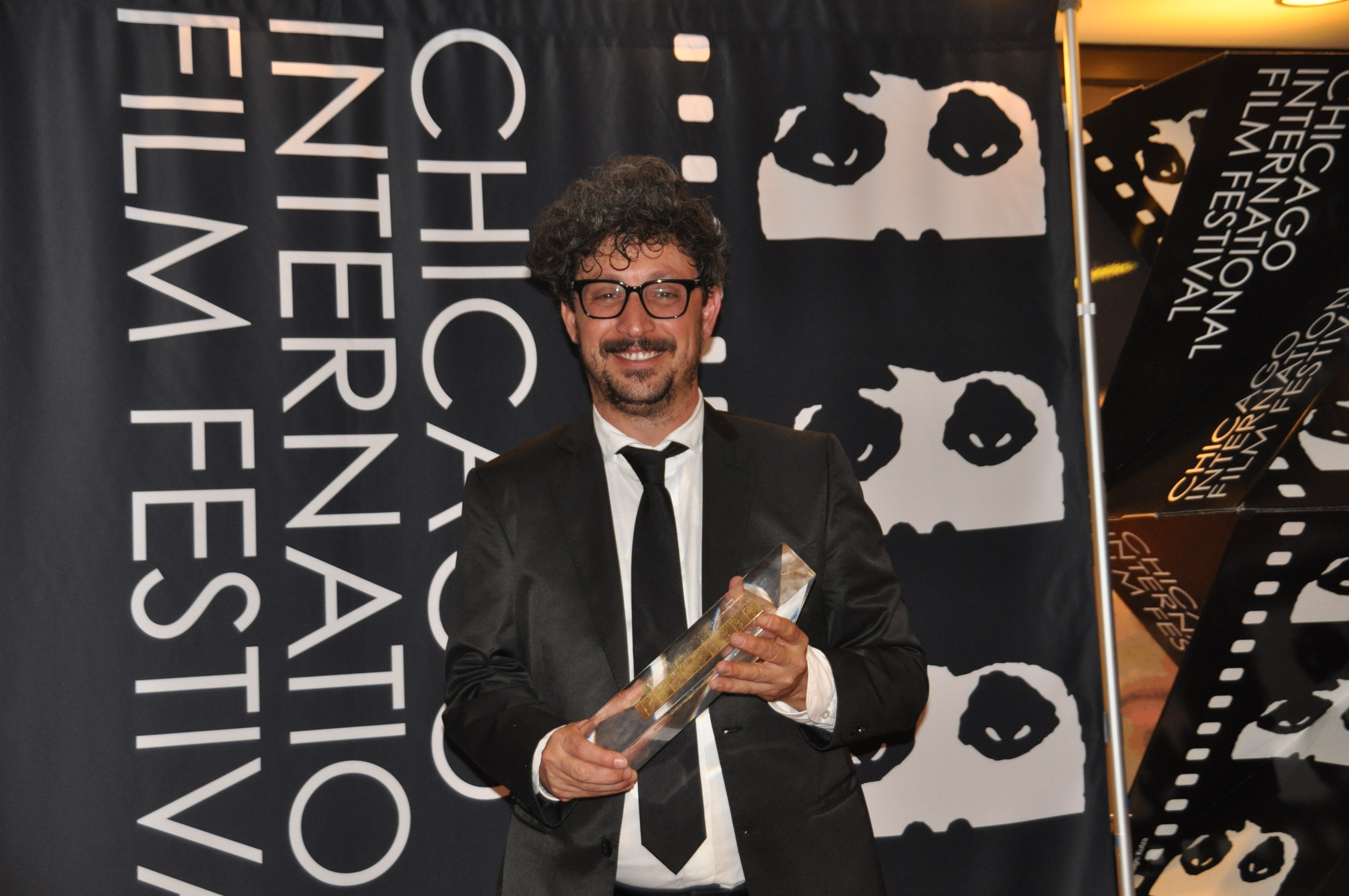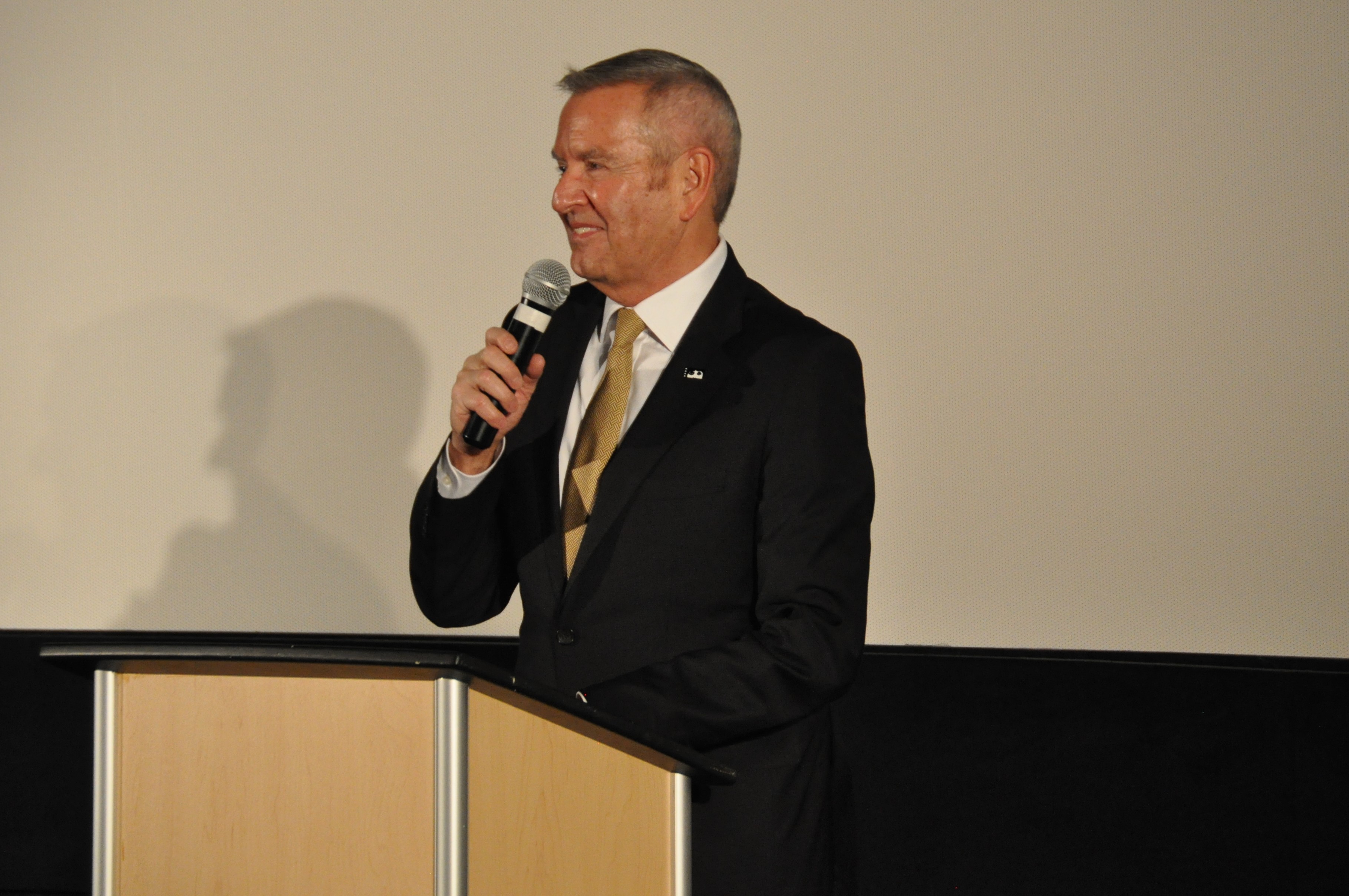
Introduction
The Grey released on January 27, 2012 and is survival thriller/drama directed by Joe Carnahan. The film has a runtime of 117 minutes and stars Liam Neeson, Frank Grillo, Dermot Mulroney, Dallas Roberts, Joe Anderson, Nonso Anozie and James Badge Dale. The film is based on the short story “Ghost Walker” by Ian MacKenzie Jeffers. It describes the struggle of an Alaskan oil drilling team to survive after a plane crash strands them in the wild. Hunting the humans is a pack of wolves that see them as intruders.
Review
There is something unexpectedly poignant about The Grey. Yet in truth, you wouldn’t be able to tell it was purposeful until after you’ve watched the film. The trailers and apparent marketing would have you believe it’s a survival action thriller starring Liam Neeson. And while that’s not wrong, it’s definitely not the type of movie I would’ve expected from director Joe Carnahan. There is a scene in the trailer which depicts Neeson clenching broken mini-bottles in his hand, ready to literally fist-fight a wolf in a bid for his survival. If you reflectively think about it, depending on your stance it’s either ridiculous or ridiculously awesome.
That scene from a marketing standpoint is exceedingly deceiving. But it’s also a distinctive choice to get audiences to sit down in the theatre. It’s as deliberate as the expectations you might have of hoping for another outing like Neeson’s previous lead actor films of Taken (2008) and Unknown (2011). Coupling that with Carnahan’s last film of The A-Team (2010) and an added dose of the violent absurdity of Smokin’ Aces (2007), The Grey has all the blueprints for just another survival film where a group of people meet their end, one at a time, on their hope to find safety. In the many ways that notion is both simplistic and predicable, The Grey is not that. It finds itself unexpectedly capable in its delivery about a story of bonding men, their survival, their own self-actualizations, their fears and their acceptance of death’s warm embrace.
Based on the short story “Ghost Walker” by Ian MacKenzie Jeffers, The Grey follows an oil drilling team as they make a routine flight back home. Where warmer climates await and the photos in wallets aren’t just reminders of where they would rather be. However the flight is short-lived as the Alaskan weather torments both the living and machine equally crashing the plane in the white desert of snow. The cold is personified effectively in The Grey and because of it there is an unexpected characterization throughout the film. Carnahan works deliberately to show the cold breath of air to set a tone. It’s not just weather, it’s alive and unremorseful. So when the plane goes down, its loud transition of what is happening becomes brutally apparent through the film’s excellent sound editing. In the same sense, the contrast of the film is frightening in an exact manner. Neeson’s character Ottway is used to transition the harshness of where he now is, like a blanket being torn away from a pleasant slumber. It’s these moments where Carnahan also laces an unexpected and succinct calm throughout The Grey. In the same stead, he isn’t scared to completely rip that false security away from both its characters and the audience. The Grey is merciless to its characters, they get no break and there is no real solace or rest.
If the cold doesn’t kill them, the wolves will.
For the wolves it’s nothing personal, it’s merely instinctual survival in their own regard. The white desert is territorial and the frigid weather cares little for them as well. So the real question of who the antagonists are doesn’t really matter. It’s the food chain at work, its natural selection and survival of the fittest. The Grey is unexpectedly poetic because of this as the transitioning of the film is done in a specific manner. Because within the lulls, the sudden violent moments of dread and methodically placed slow paced sequences is where the reality is placed. The transitions become just as much of a break for the audience as they are for the characters on screen. And it’s in these moments where you get to know the characters of the film, the characters that are treated as individuals.
It’s planted early on when a survivor from the crash lays erratic in the broken fuselage of the plane. His blood is spraying out uncontrollably from his abdomen, as an audience member you know it’s an internal wound. In any typical survival film, you half expect another character to come running in with the first aid box which has conveniently survived and has been located despite the vast wreckage. You then expect them to bandage the wound up and know full well, despite attempts to keep this particular character alive. He’ll die, at the expense of others and his own current incapability. So when this character asks his remaining crew of survivors “What’s happening to me?” You half expect someone to come in and say, “It’s going to be ok. You’re going to be alright.” Yet The Grey doesn’t do this, it just knows better. Instead Neeson comes in, rests his hand on the ailing survivor’s shoulder to calm him down and says, “You’re dying. That’s what’s happening.”
These are the moments the film presents, it cuts out the bullshit.
In any typical survival film, you expect each character to slowly be picked off one by one. Sometimes you can even guess who’s bound to die first or near the end due to casting. It becomes a numbers game and you begin to wonder how many survive at the end and or in fact how are they saved. You might also expect the stereotypical character to meet his timely demise in an appropriately gruesome manner. After all they deserve it. You never expect to see that character have the self-realization they require for the betterment of the group. In that same way, the annoying character will always hang around too long. So by the time that character is dealt with, you don’t care, in fact it’s something you cheer for. In all the ways The Grey still presents these typical cinematic clichés it doesn’t treat any of its characters with any less respect than Liam Neeson’s Ottway. The film gives balance to everything, allowing an appropriate levity and weight.
By the end of it, you’ll either relate or not. Because in all the ways the film is unexpectedly poignant, capable, characteristic, calm and poetic, there is also an unexpected finality. Defining how one might’ve lived their life, showing their beliefs and their own faith in religion. It might also depict how they starred death down in their own final moments. How they faced and accepted fear and anxiety. How they met a violent unfortunate end. Or found the sudden calm of a warm memory. The Grey plays out like a live eulogy, with someone saying out loud:
Once more into the fray.
Into the last good fight I’ll ever know.
Live and die on this day.
Live and die on this day.
Overall
After the plane crashed I wondered immediately what type of film The Grey was going to become. And right at the exact moment I thought this film looked like an updated version of Alive (1993), the film actually referenced that movie in its own dialogue. It was something small, but caught me by surprise and from then on, I didn’t know what to expect. I think there is always a point in a movie early on, where it’ll either hook you and you’re hooked. Or it’ll simply lull you along.
In regards to The Grey it’s probably more a love or hate type of film. It’s either black or white with no ‘grey’ area, pun intended. Simply because the title of the film ‘The Grey’ becomes more emblematic of what one does once they hit that limbo. I think we all can relate in that regard. You’ll either essentially head for the light or embrace the darkness of slumber. Or it’s vice versa depending on your view of the afterlife, religion and anything else related to that manner. For The Grey, there is no middle ground due to its open-ended nature, which is something some might not appreciate either. Perhaps due to someone’s own need for exact closure or being misled by the marketing with the trailer. After all, trailers are selling points. But it’s something which is seemingly becoming more and more common today within the movie industry. While I may have gone into the theatre wanting another ‘Taken’ or ‘Unknown’, I believe I watched something much better.
In regards to the ending which has warranted discussion amongst those that have seen the film. I remember when I first watched Good Will Hunting (1997). I wanted and needed to see Will embrace Skylar at the end. So I watched the credits roll and roll and I watched Matt Damon’s Will drive on and on, but I was never given that closure. It’s funny what cinema can do to you, in the same ways films are entertainment. If a film pulls on the right strings it’ll lead you emotionally as well. As foolish as it sounds, it took about two weeks to fully get over Good Will Hunting’s ending. But I realized soon after, for me, despite what I wanted that was the right ending. However for those who need to see the spinning top from Inception drop, be sure to stick around for a brief scene after the credits. But be prepared to accept if all you get is more of a wiggle.
I give The Grey 8 out of 10.

